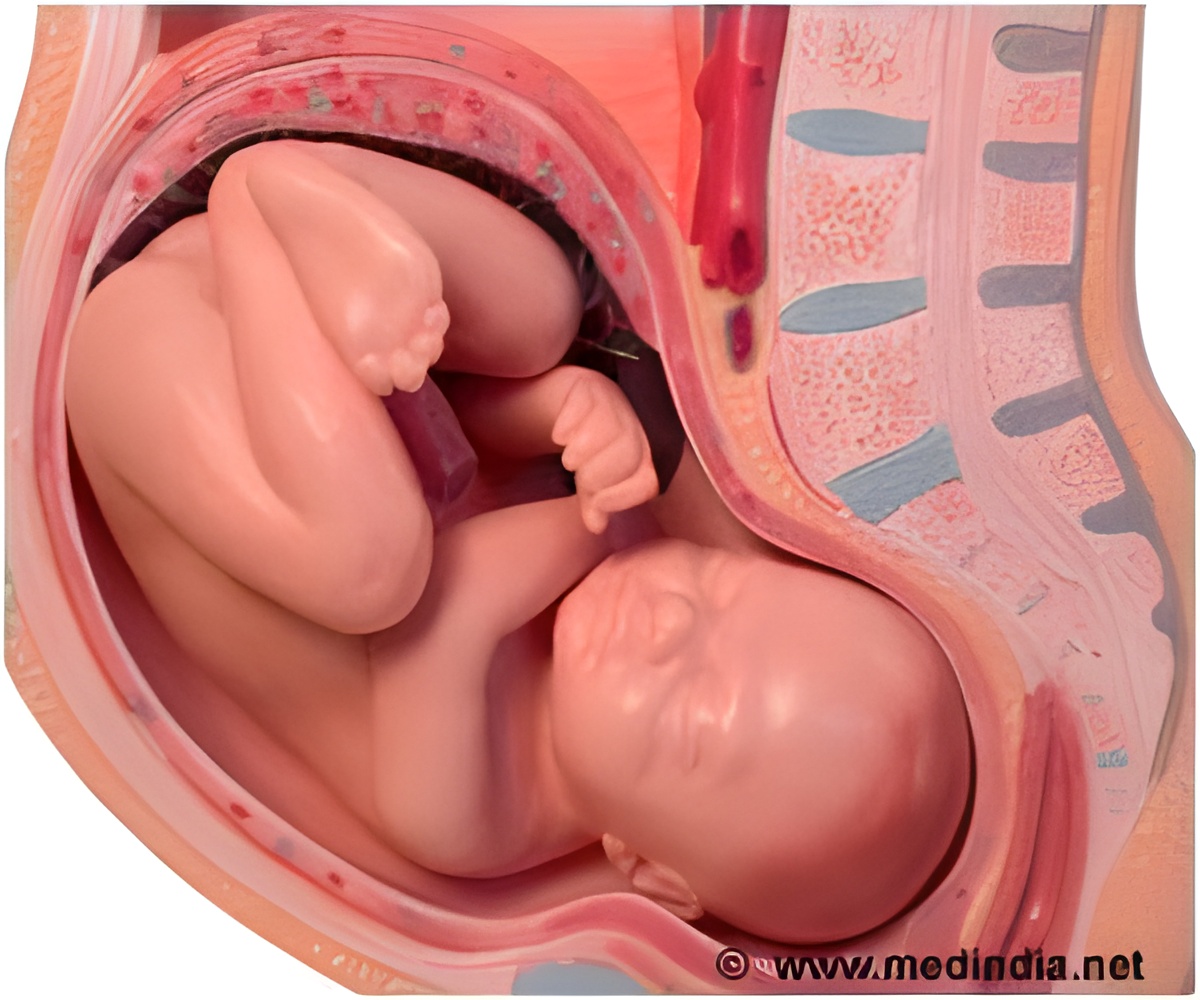An expert on women and child health explores the dangers of delaying premature delivery and says it is important to choose the right tocolytic agent to delay delivery.

And while Professor Alfirevic appreciates that it is important to choose the right tocolytic drug, he argues that Haas and colleagues' study found no evidence that tocolytic drugs improve rates of newborn illness or death.
Furthermore, a separate study which looked at mothers who took antibiotics (erythromycin and co-amoxiclav) to prevent premature birth found an unexpected increase in cerebral palsy among the children.
Professor Alfirevic suggests that instead of focusing studies on the success of tocolytic drugs on delaying preterm birth, larger trials are needed to determine the clinically meaningful effects of the drugs. He says that clinicians "need proof of a sustained improvement in important health outcomes that matter to women" and the evidence, that tocolytics may allow mothers more time to be moved to specialist neonatal units, may not be enough.
Professor Alfirevic says that despite Haas and colleagues' "well done" meta-analysis, the Royal College of Obstetricians and Gynaecologists' 2011 recommendation that it is reasonable not to use tocolytics still stands.
He concludes that clinicians should be honest and tell women that they are giving them drugs that they hope will prolong pregnancy, but they may not make their babies healthier. And he hopes that "babies are not coming to greater harm by our attempts to keep them in utero."
Advertisement
Source-Eurekalert









